Dog / Detail
Debunking the Myths: Can Dogs Be Raised Like Cats (or the Other Way Around)?
Jonathan Bennet | 10 September 2024 | 16:05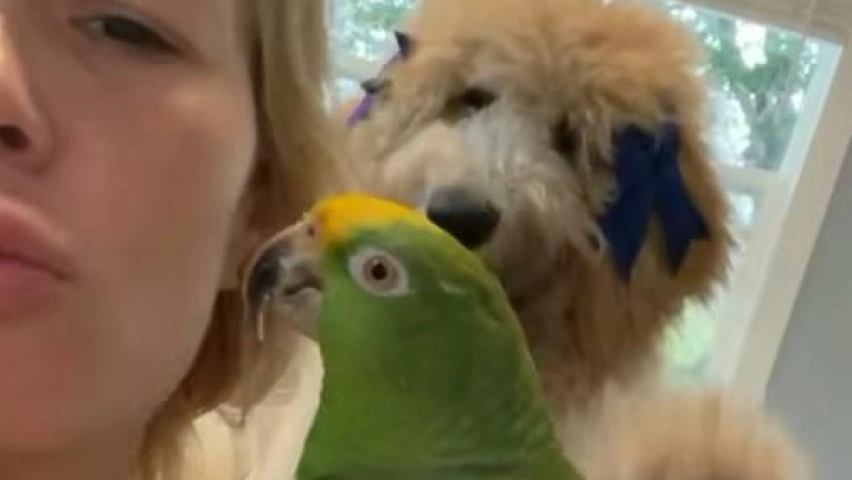
The internet is rife with amusing anecdotes and heartwarming tales of interspecies friendships. From dogs chasing cats up trees to cats teaching dogs to fetch, these stories often fuel the belief that animals raised together can adopt each other's behaviors.
While the internet may be filled with amusing stories of cross-species friendships, it's important to remember that animals are individuals with their own distinct personalities and behaviors.
While socialization can certainly influence a pet's development, it is unlikely to fundamentally alter their innate traits.
By understanding your pet's unique character and providing them with a loving and supportive environment, you can foster a harmonious and fulfilling relationship with your furry companion.
Let's explore the fascinating world of cross-species socialization and debunk some common myths.
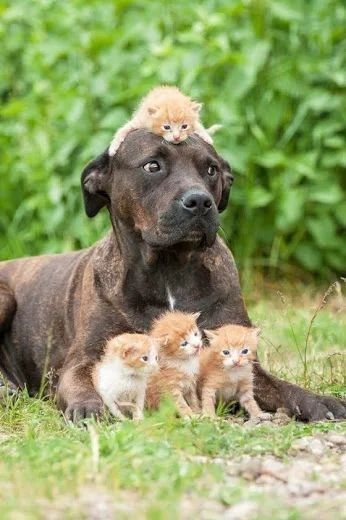
Myth 1: Dogs Raised with Cats Will Act Like Cats
While it's true that dogs and cats can coexist peacefully, the idea that a dog raised with a cat will develop feline mannerisms is largely unfounded.
Dogs and cats have distinct evolutionary histories and innate behaviors that are deeply ingrained. While a dog raised with a cat may learn to tolerate or even enjoy feline company, they are unlikely to adopt cat-like behaviors such as grooming themselves or using a litter box.
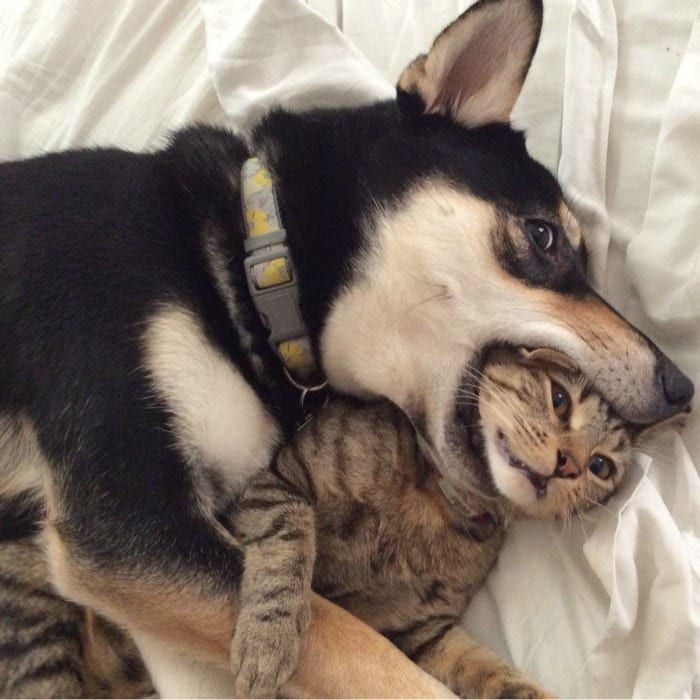
Myth 2: Cats Raised with Dogs Will Act Like Dogs
Similarly, the notion that cats raised with dogs will develop canine behaviors is a misconception.
Cats are solitary creatures by nature, and their social interactions are often limited to their immediate family. While a cat raised with a dog may learn to tolerate canine presence, they are unlikely to engage in dog-like behaviors such as fetching or playing tug-of-war.

The Influence of Genetics and Environment
While cross-species socialization may not significantly alter a pet's innate behaviors, it can certainly influence their personality and social skills. A dog raised with a cat may be more tolerant of other animals, while a cat raised with a dog may be less fearful of strangers.
However, these changes are more likely to be the result of exposure and learning rather than a wholesale adoption of the other species' behaviors.
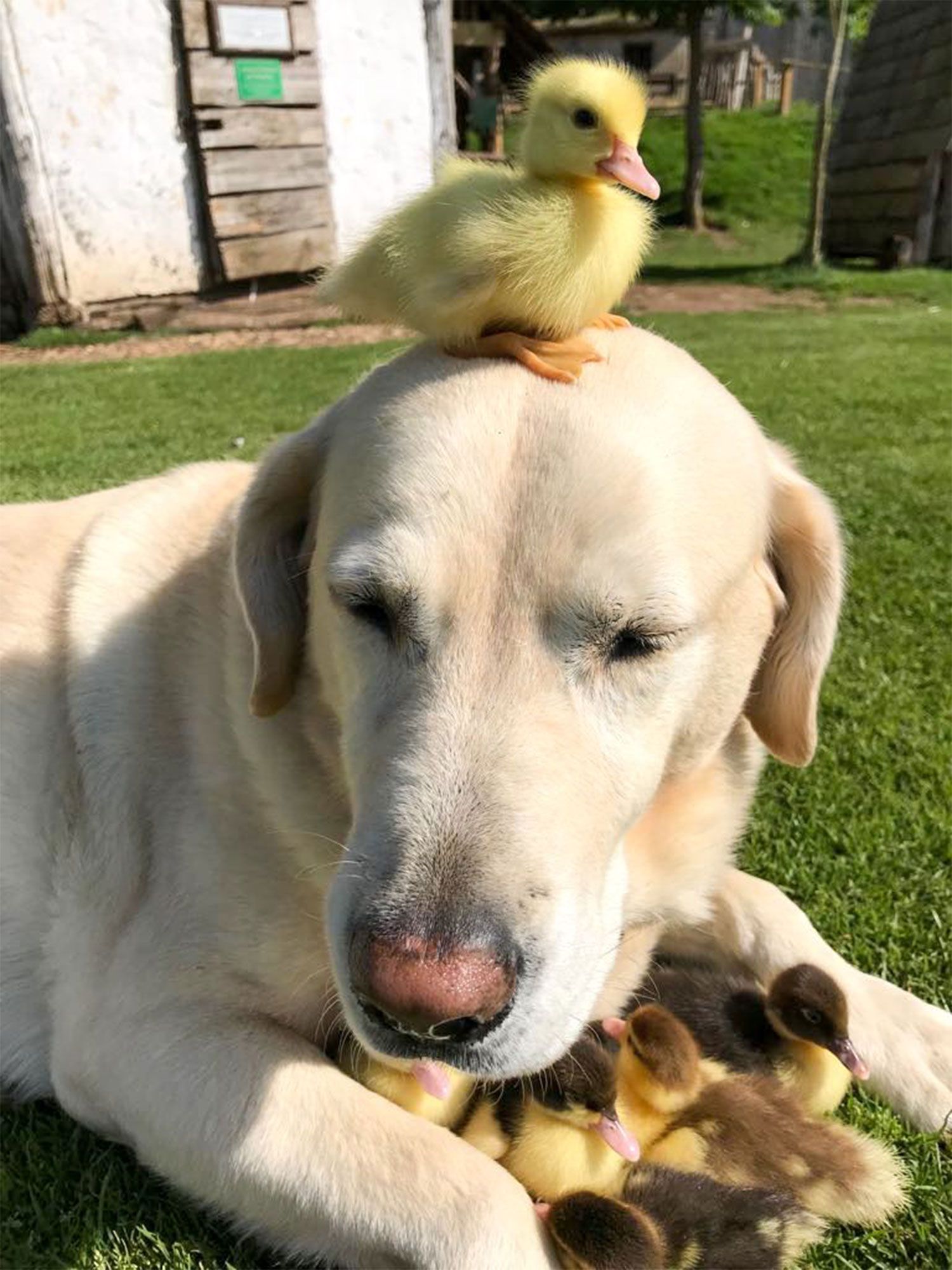
The Case of the Duck-Loving Dog
The idea that a dog can develop a fondness for ducks or other unusual pets is not entirely without merit. Dogs are highly adaptable creatures that can form strong bonds with a variety of animals.
If a dog is consistently exposed to ducks and receives positive reinforcement for interacting with them peacefully, they may develop a genuine affection for these feathered friends.

Understanding Your Pet's Unique Personality
Ultimately, the best way to understand your pet's behavior is to observe them individually. Every dog and cat has their own unique personality, and their interactions with other animals will be influenced by a combination of genetics, environment, and personal experiences.
Related
-

The Healing Power of Dogs: How Canine Therapy is Revolutionizing Mental Health and Boosting Positive Energy in Humans
Dog14 November 2024
-

A Pawsitive History: Dogs of Nuremberg
Dog09 November 2024
-

The Role of Oxytocin in the Human-Dog Bond: The Science Behind Our Deep Connection
Dog06 November 2024
-

Beyond the Beach: Jamaica's Dog Lovers
Dog29 October 2024
-

A Dog's Delights: Homemade Snacks for Our Furry Babies, Recipes Included!
Dog29 October 2024
-
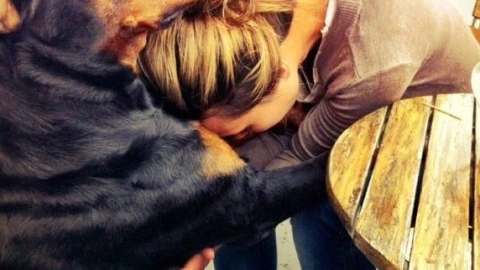
A Dog's Disorientation: Understanding Your Dogs' Wanderlust
Dog29 October 2024
Popular
-

-

A Pawsitive History: Dogs of Nuremberg
09 November 2024 -

-

Beyond the Beach: Jamaica's Dog Lovers
29 October 2024 -
